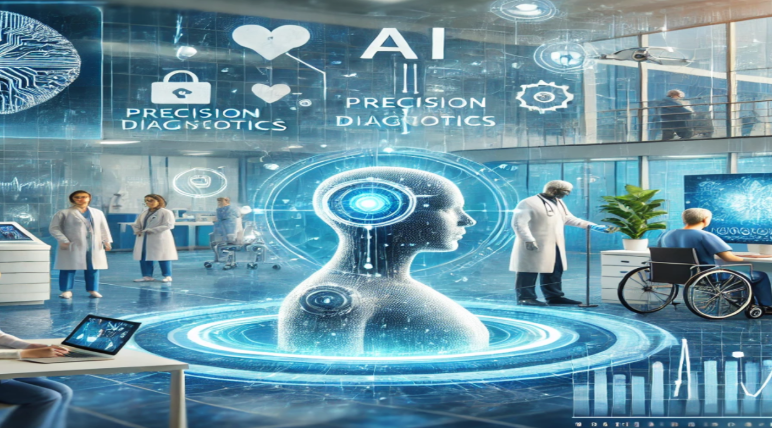While Artificial Intelligence (AI) offers many promising benefits to healthcare, it also comes with several drawbacks and challenges that must be addressed to ensure safe and effective implementation. Understanding these limitations is crucial for healthcare providers, developers, and policymakers.
1. Data Privacy and Security Concerns
AI systems require large amounts of patient data to function effectively. Protecting sensitive medical information from breaches and unauthorized access is a major concern. Data privacy regulations like HIPAA in the U.S. impose strict rules, but vulnerabilities remain, especially with increased data sharing and cloud storage.
2. Algorithmic Bias and Inequality
AI models can inherit biases present in the training data, leading to unfair or inaccurate outcomes. For example, if the data underrepresents certain populations, the AI may perform poorly for those groups, exacerbating healthcare disparities rather than reducing them.
3. Lack of Transparency and Explainability
Many AI algorithms, particularly deep learning models, operate as “black boxes” with decisions that are difficult for humans to interpret. This lack of transparency can hinder trust among healthcare providers and patients and complicate regulatory approval.
4. Dependence on Data Quality
AI’s accuracy heavily depends on the quality and completeness of data. Incomplete, noisy, or inconsistent medical records can lead to incorrect predictions or diagnoses, risking patient safety.
5. Regulatory and Ethical Challenges
Healthcare AI must comply with complex regulations and ethical standards to ensure patient safety and fairness. The regulatory landscape is still evolving, which can delay the deployment of AI solutions and create uncertainty for developers and providers.
6. High Implementation Costs
Developing and integrating AI systems into existing healthcare infrastructure requires significant investment in technology, training, and maintenance. Small healthcare providers may find these costs prohibitive.
7. Risk of Overreliance on AI
There is a risk that clinicians might over-rely on AI recommendations, potentially overlooking their own judgment or contextual factors. This can lead to errors, especially if AI systems provide incorrect or incomplete information.
8. Job Displacement Concerns
Automation of administrative and some clinical tasks by AI may lead to job displacement or changes in roles for healthcare workers, raising concerns about workforce impacts and the need for retraining.
Conclusion
Despite its transformative potential, AI in healthcare has several drawbacks that need careful management. Addressing data privacy, bias, transparency, and regulatory challenges is essential to build trust and ensure AI benefits all patients safely and equitably.





Leave feedback about this